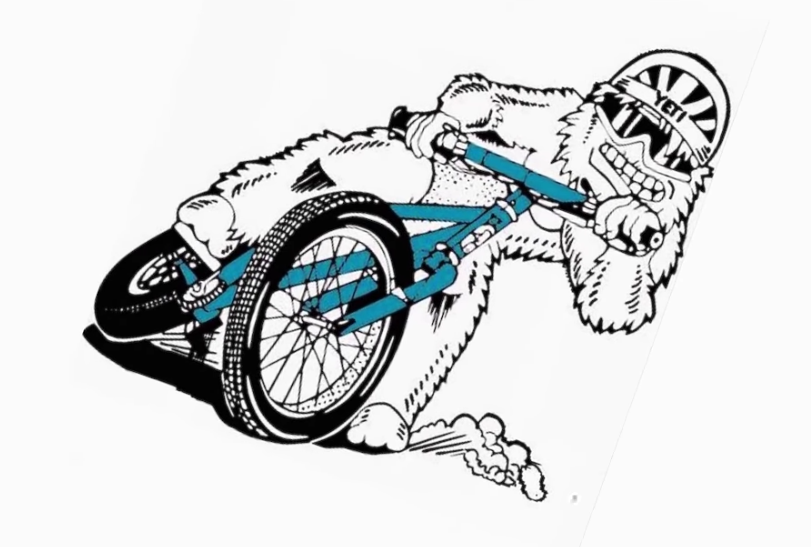By now, you've heard from me, Retrogrouch, other bloggers and various media outlets about the new "bike boom" spurred by the COVID-19 pandemic.
That "boom" means that bicycles as well as helmets, locks and other related items are scarce, or unavailable, due to disruptions in supply chains.
About all I remember from my economics course is "supply and demand." The professor, it seemed, intoned that phrase about three or for times every class.
When there's more demand than supply, prices go up. Of course, you don't need an economics class to understand that--or that, in such circumstances, when demand continues to outstrip supply, enterprising folks will find ways to appropriate some of the supply.
That last clause is, as you know, a polite way of saying, in such a situation, some will steal--whether for themselves or to supply unmet demand.
The thing is, victims of theft tend not to care much about why someone steal from them. They want their stuff back, or to be remunerated for it. And, depending on their beliefs and temperament, they want the thief to be penalized.
While bikes are stolen in "normal" (whatever that means anymore) times, whether from the street or a shop, it seems that, lately, there's been an increase in the number of shop break-ins---and the amount and dollar value of what's taken.
In the wee hours of Tuesday morning, a white pickup truck pulled up by Pearland Bicycles in Houston. Someone emerged from the vehicle, crowbar in hand. In prying open the store's glass door, he shattered it. He and two accomplices ran inside and grabbed whatever they could. Within minutes, they had about 20 bikes. Pearland owner Darryl Catching says he lost around $40,000 in the burglary.
Some of the bikes were already sold and waiting for customers to pick them up, he said. So it is even more imperative for him to replace those bikes than if they had simply been standing in the showroom.
Because the thieves struck at 1:30 am, they had time. How much? "Looks like one of them, he went to the restroom," Catching said.
That "boom" means that bicycles as well as helmets, locks and other related items are scarce, or unavailable, due to disruptions in supply chains.
About all I remember from my economics course is "supply and demand." The professor, it seemed, intoned that phrase about three or for times every class.
When there's more demand than supply, prices go up. Of course, you don't need an economics class to understand that--or that, in such circumstances, when demand continues to outstrip supply, enterprising folks will find ways to appropriate some of the supply.
That last clause is, as you know, a polite way of saying, in such a situation, some will steal--whether for themselves or to supply unmet demand.
The thing is, victims of theft tend not to care much about why someone steal from them. They want their stuff back, or to be remunerated for it. And, depending on their beliefs and temperament, they want the thief to be penalized.
While bikes are stolen in "normal" (whatever that means anymore) times, whether from the street or a shop, it seems that, lately, there's been an increase in the number of shop break-ins---and the amount and dollar value of what's taken.
In the wee hours of Tuesday morning, a white pickup truck pulled up by Pearland Bicycles in Houston. Someone emerged from the vehicle, crowbar in hand. In prying open the store's glass door, he shattered it. He and two accomplices ran inside and grabbed whatever they could. Within minutes, they had about 20 bikes. Pearland owner Darryl Catching says he lost around $40,000 in the burglary.
Some of the bikes were already sold and waiting for customers to pick them up, he said. So it is even more imperative for him to replace those bikes than if they had simply been standing in the showroom.
Because the thieves struck at 1:30 am, they had time. How much? "Looks like one of them, he went to the restroom," Catching said.














![items.[0].image.alt](https://ewscripps.brightspotcdn.com/dims4/default/1ee7253/2147483647/strip/true/crop/1280x720+0+0/resize/1280x720!/quality/90/?url=http%3A%2F%2Fewscripps-brightspot.s3.amazonaws.com%2F5e%2F4f%2Facd46b2b4722862c1aa9b03313e0%2Figuana-caught-in-bicycle-tire-in-keys.jpg)